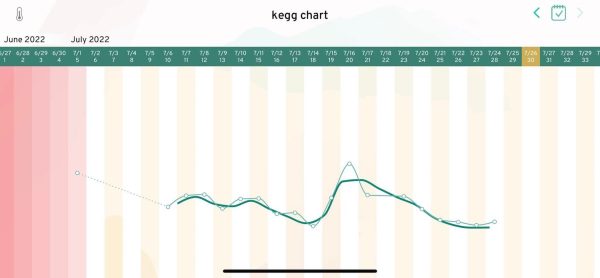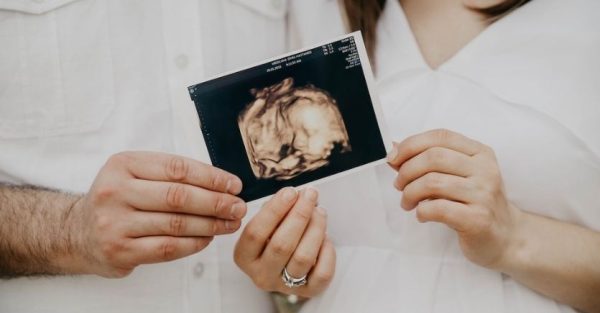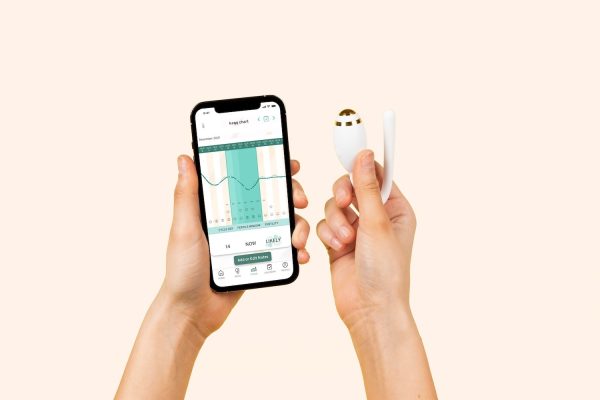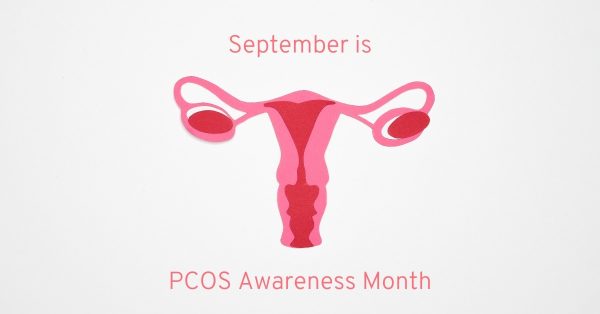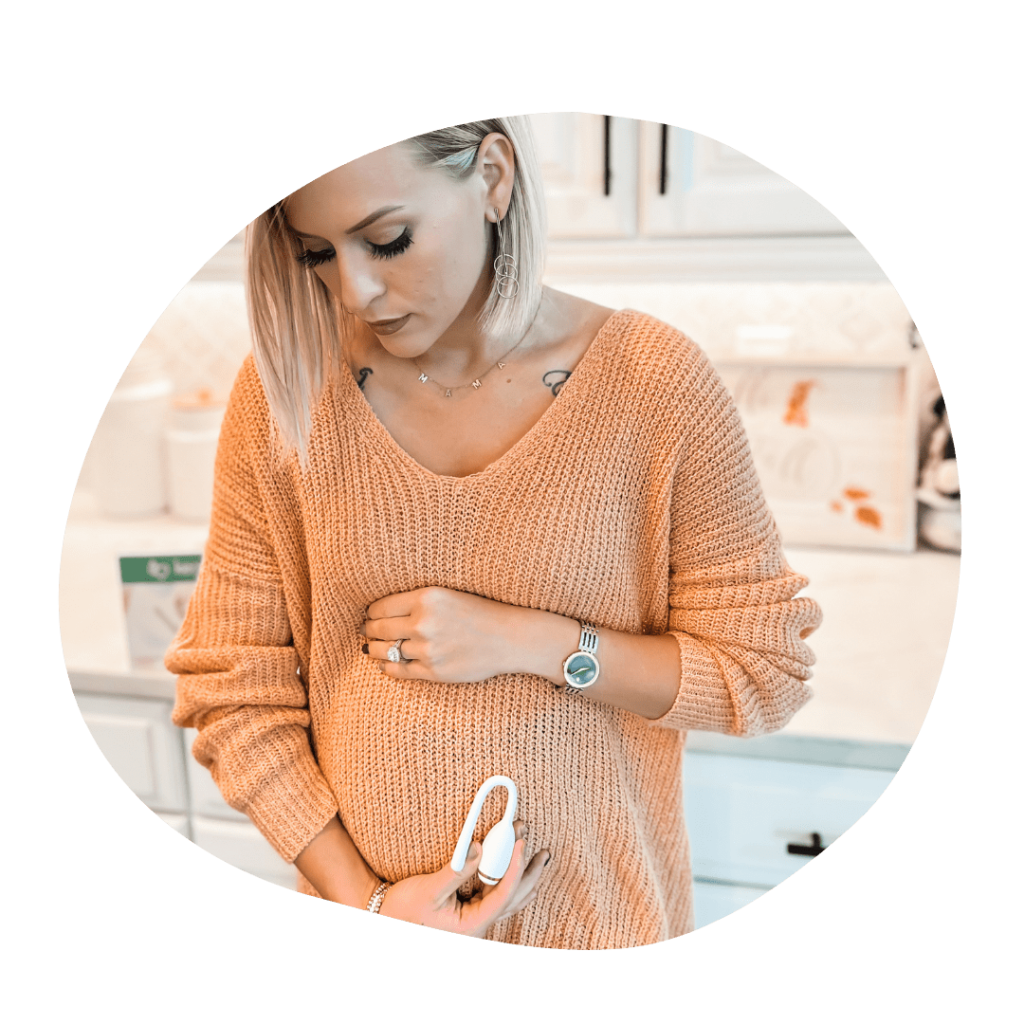
Getting pregnant with PCOS
PCOS is a leading cause of infertility, impacting about 5 million women in their reproductive years. Many women with PCOS share that tracking their fertility is especially challenging. While kegg has not been clinically tested on women with PCOS, there is a growing number of women with PCOS who turn to kegg to successfully track their fertility.
What insights does a user with PCOS gain with kegg?
PCOS impacts women differently. While some women ovulate fairly consistently with regular periods, others may not ovulate without medical intervention. For this reason, there is not one pattern of kegg trends consistent among all women with PCOS.
When the body prepares to ovulate, the hormonal changes cause a shift in the electrolytes in the cervical fluid. kegg tracks these changes allowing the user to see the full fertile window and optimally time their trying to conceive efforts. Since women with PCOS often experience irregular cycles and cycles that exceed 40 days, they must watch the daily readings to spot the fertile valley, as the predicted fertile window may not be accurate or present depending on cycle lengths and regularity.
Since the electrolytes in the cervical fluid fluctuate according to the hormonal changes of the cycle, the kegg user can look for descending values on their kegg readings to predict when they are entering their fertile window. The kegg user can presume their fertile window is ending when they see a rise in kegg data, as the rise in progesterone results in a change in the electrolytes of the cervical fluid.
Multiple fertile valleys
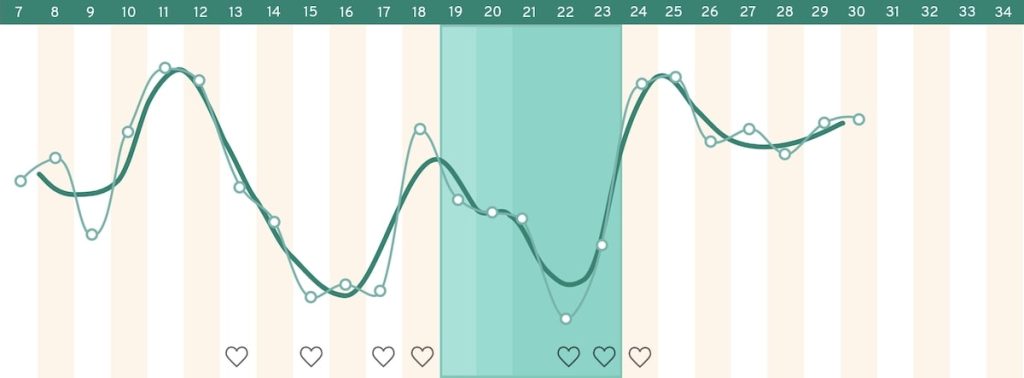
This first user experienced multiple fertile valleys (body gearing up to ovulate) and she timed her trying to conceive efforts during each valley to ensure that she would not miss any potential opportunities to conceive.
Anovulatory chart
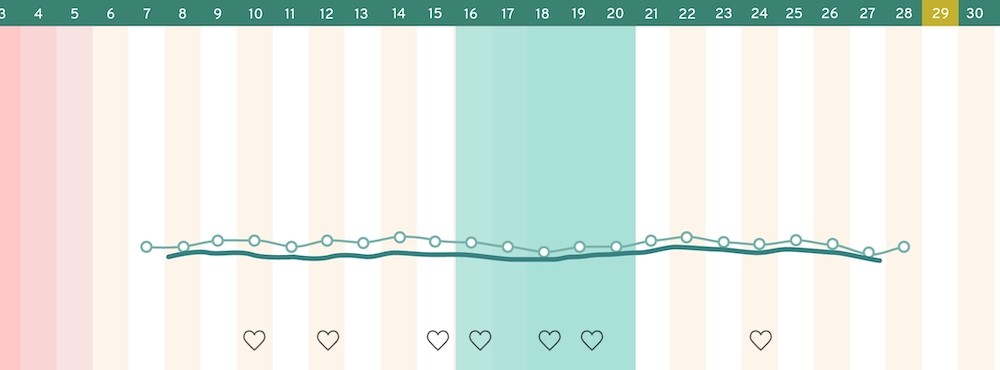
In the above chart, the user experienced an anovulatory cycle, meaning she did not successfully ovulate. There is no fertile valley seen.
If you are not pregnant with kegg within 12 months, you get 100% of your money back.
kegg users with PCOS
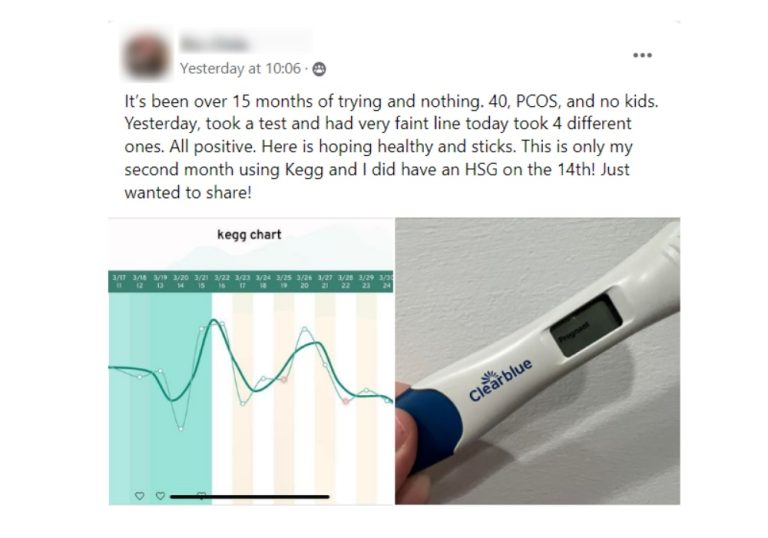
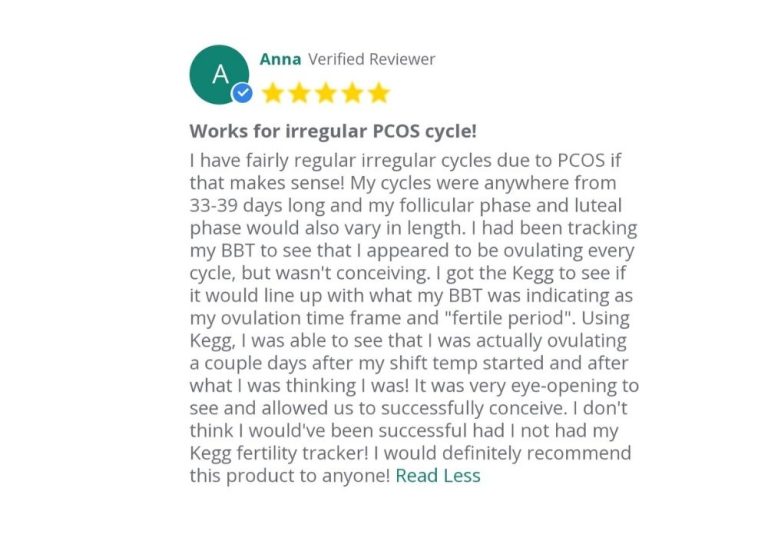
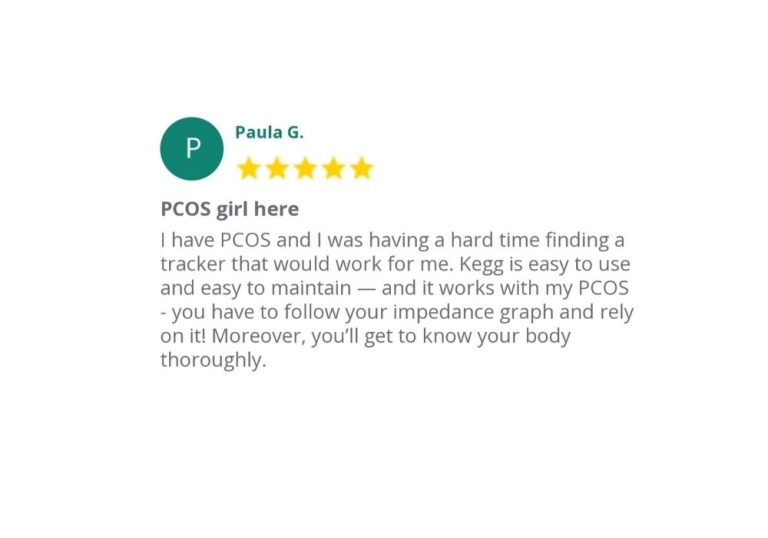
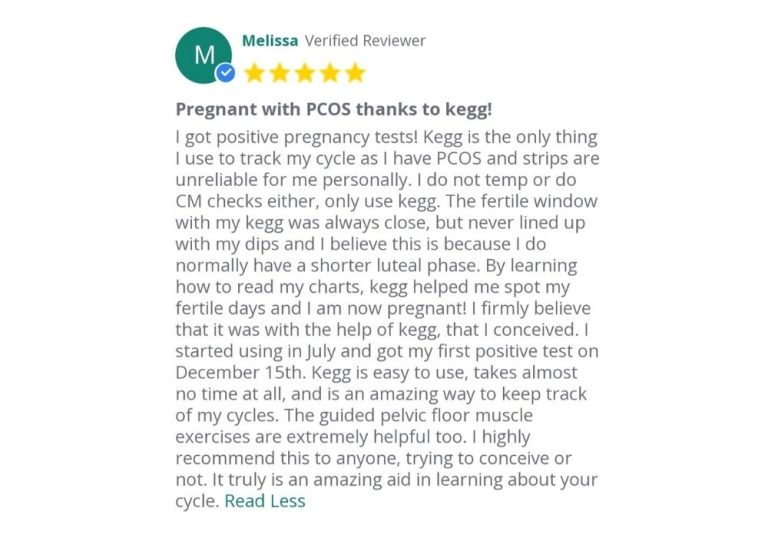
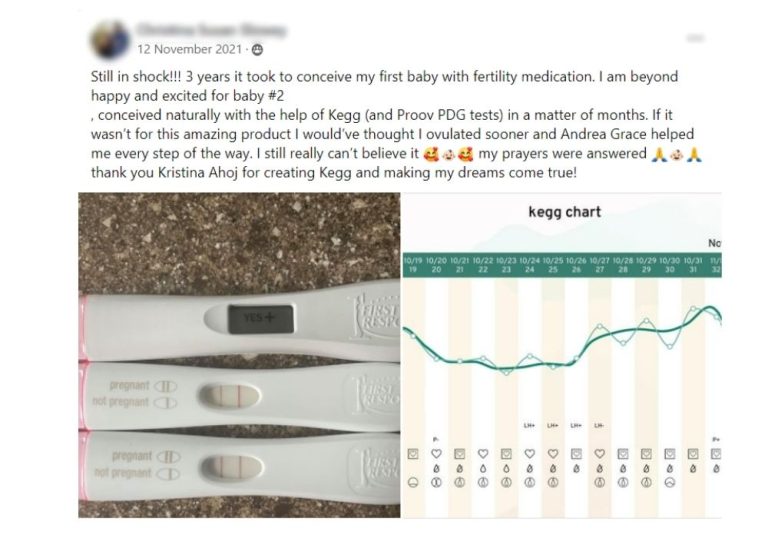
How is kegg different than other methods?
Many women rely on calendar-based methods, basal body temperature tracking, and OPK (ovulation predictor kits) to attempt to time their fertile window. Unfortunately, these methods often miss the mark and result in missed trying to conceive opportunities. Calendar-based methods are particularly limiting for women with PCOS as they assume the user has a regular, consistent cycle, which is not common in PCOS. Temping, while helpful for showing around when ovulation occurred after the fact, does not assist in identifying the full fertile window. OPKs test for the hormone Luteinizing Hormone (LH). Women with PCOS often experience prolonged LH surges and even multiple LH surges. Conversely, some women will never capture an LH surge in a cycle that has successful ovulation.
kegg users are able to appreciate the full fertile window(s) each cycle as the daily readings reflect the real-time hormonal changes taking place in the body. Whether there are multiple fertile valleys due to unsuccessful ovulation attempts, a single successful fertile window and ovulation, or no successful fertile windows and ovulation, the kegg user will be empowered by having a window into the complex hormonal orchestration taking place in their body and being able to optimally time intercourse/insemination.
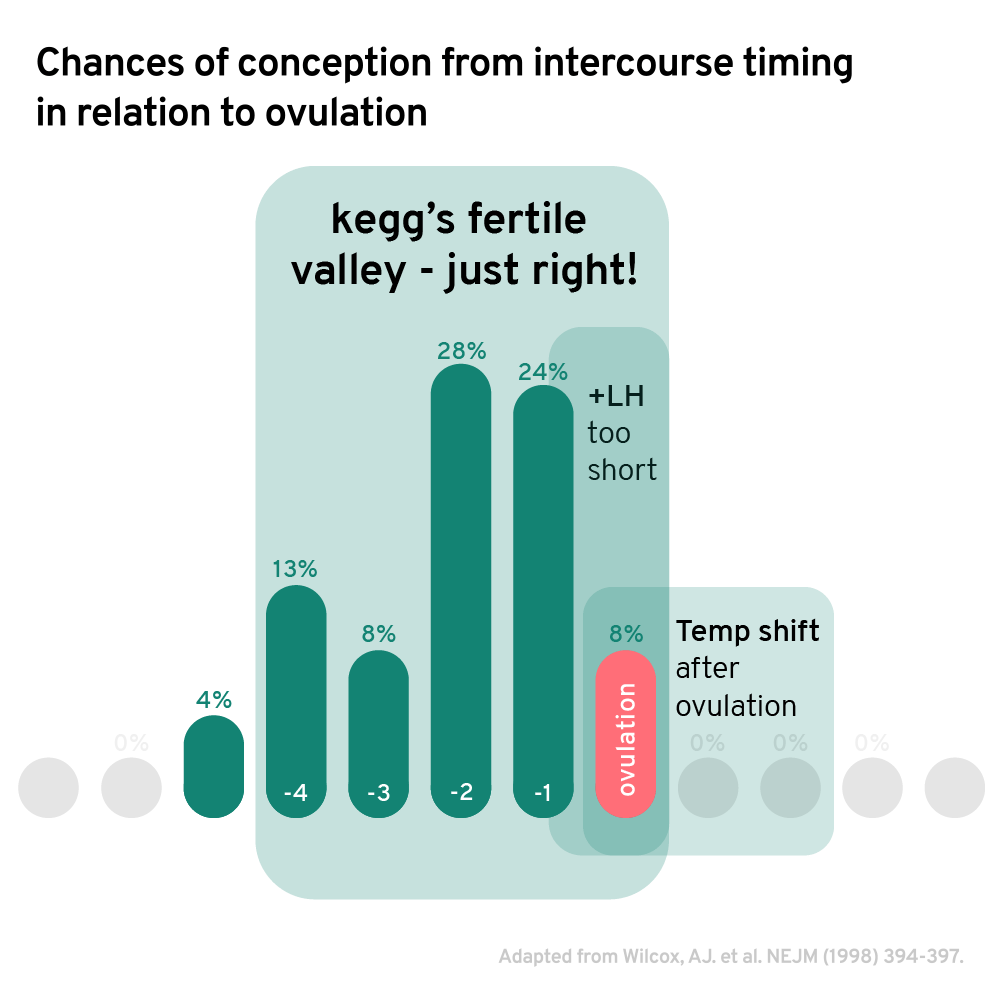
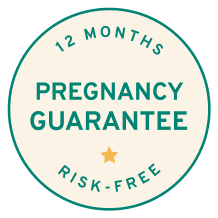
The kegg Pregnancy Guarantee
If you’re not pregnant with kegg within 12 months, you get 100% of your money back.

The kegg Pregnancy Guarantee
If you’re not pregnant with kegg within 12 months, you get 100% of your money back.
Read stories from our customers & fertility experts
FAQ
No subscription. No recurring costs. kegg is a one-time purchase without any additional recurring costs. With kegg, you save money every month you would otherwise have to spend on refills.
A “12-month Pregnancy Guarantee” means you’re protected if you purchased the kegg fertility tracker, used it continuously for at least (1) year, and didn’t get pregnant during that time.
You’ll get a full refund if the kegg’s user criteria, recommended use, and 12-month Pregnancy Guarantee rules are met. Read full policy rules here.

